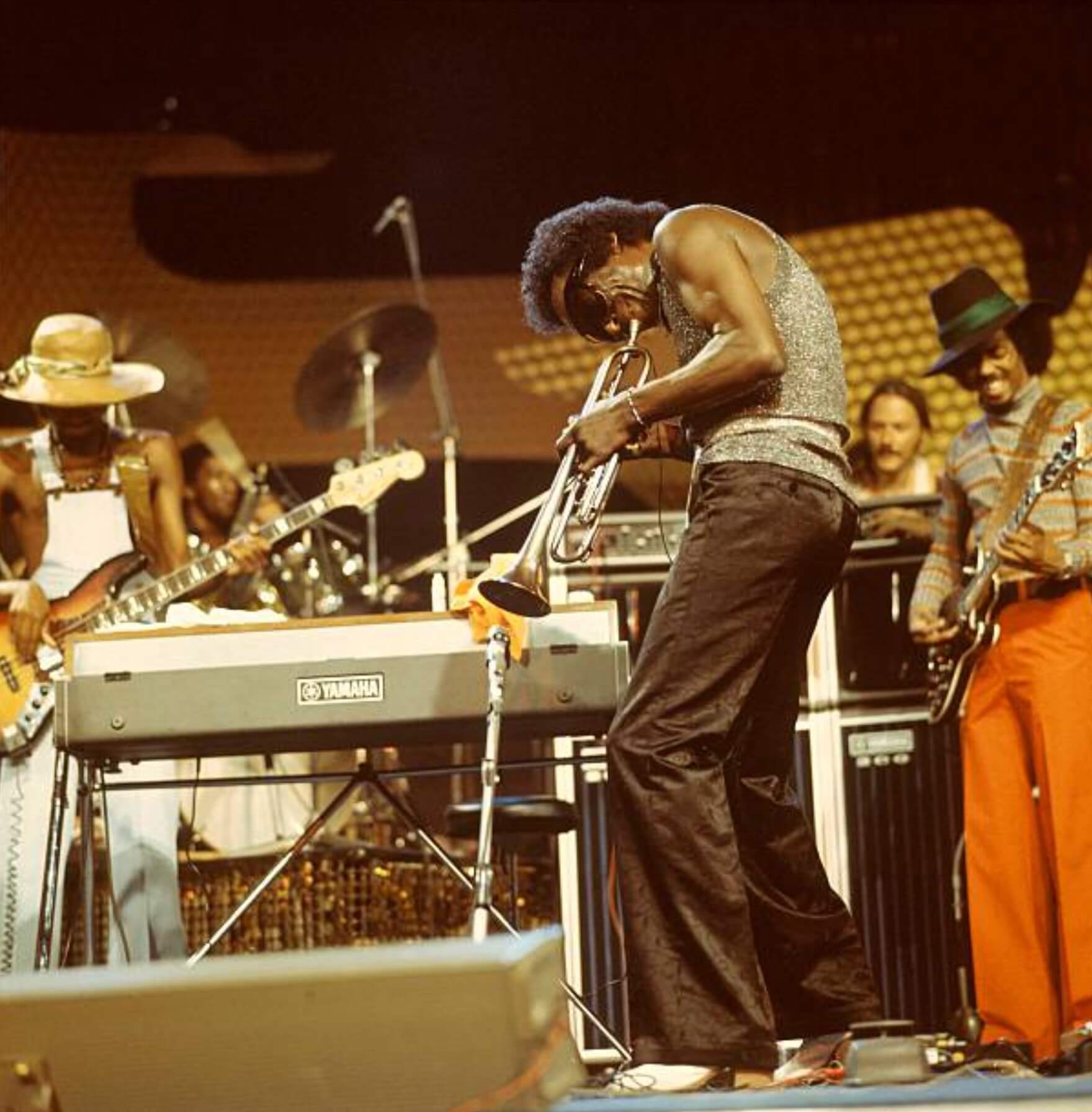An old man in an exceptional jumper is singing an old sea shanty in tribute to Tom Paley, who died last week aged 89. Everyone joins in with the chorus, hesitantly at first but harmonising strongly by the end: “Tom has gone and we’ll go, too. Tom’s gone to Hilo.”
Paley, a legendary figure on the folk scene who played with Lead Belly and Woody Guthrie, and influenced Bob Dylan and Jerry Garcia, was to be found awaiting his turn alongside the mixed company of regulars, veterans and first-timers at Sharp’s, one of London’s most venerable folk clubs, hosted at Cecil Sharp House, Camden (home to the English Folk Dance and Song Society).
With the sound of morris dancing and Lancashire clog practice echoing through the bar, Paley could often be found on a Tuesday night, pint in front of him, seemingly asleep, in his usual seat by the window. Then his turn to perform would come, and he would wake up, tell some ridiculous story, and reel off a tune on his fiddle.
So I headed back to Sharp’s a couple of days after his death, gazed at his empty seat, and listened to the tributes and songs from people who had known him.
Born in New York, Paley juggled folk singing with being a maths teacher. As a founding member of the New Lost City Ramblers, he was hugely influential in the American folk revival.

He lived Sweden for a while in the 60s – regulars at the club argued gently over how much Vietnam had to do with this – before moving to London, where he remained for half a century, forming and reforming bands, living in the same north London flat, and performing at pubs and clubs.
“Sadly, his repertoire was much reduced,” says the woman on the door when I say I haven’t been down for a while. “By the end, it was just three or four songs, scraping on the fiddle.” Like many people here, she had known him since the 70s.
The beauty of Sharp’s is how welcoming it is. You’re asked if you’re planning to play or sing, and that’s it. There’s no vetting and the audience is polite and encouraging. Some people have been performing for years, others are newbies; accordion tunes and rambling tales go up against earnest singer-songwriters.
One guy turns up and explains that life has been hard for him since he was mugged and beaten up, leaving his hands shaking, “which at least helps with my tremolo”. His singing is heartfelt and true.
Most of the other performers link their songs to Paley in some way, with New Lost City Ramblers covers by men from Vancouver or wearing Jerry Garcia T-shirts explaining how they played alongside him in the 80s. It is an evening of workers’ songs, of sailors’ songs, and the odd bit of scatological humour.
Introducing Irish rebel song The Wind That Shakes the Barley, one regular says she hadn’t sung since the 60s before meeting Paley in 1994, and he recommended she come to Sharp’s. “He said one of the nicest things that anyone’s said to me, which was, ‘I think you should be encouraged.’”
Befitting a man of leftwing convictions, politics is never far from the surface of the night. An American Guthrie aficionado called Steve introduces Vigilante Man: “There’s a day when the sun’s core is going to run out of hydrogen and start fusing helium, and at that point the sun is going to expand and become a red giant and swallow the orbits of the four inner planets including the Earth. At that time, Donald Trump will blame Obama.”
We all raise a glass to Paley before the room is silenced by a song by a woman called Amanda, set to the words of Tam i’ the Kirk, a poem by Scottish writer Violet Jacob: “When a’body’s thochts is set on their ain salvation, / Mine’s set on you, mine’s set on you.”


